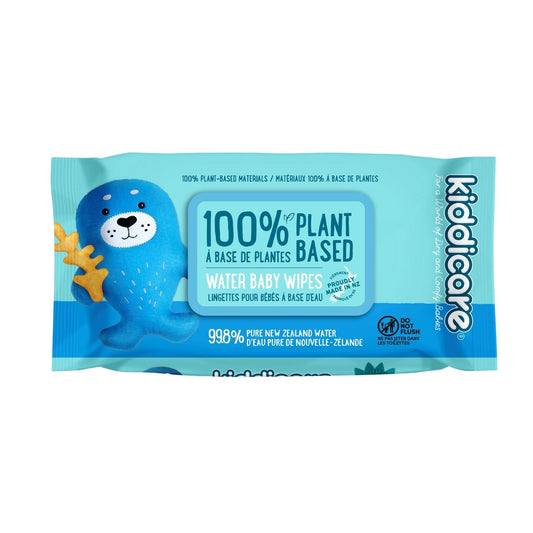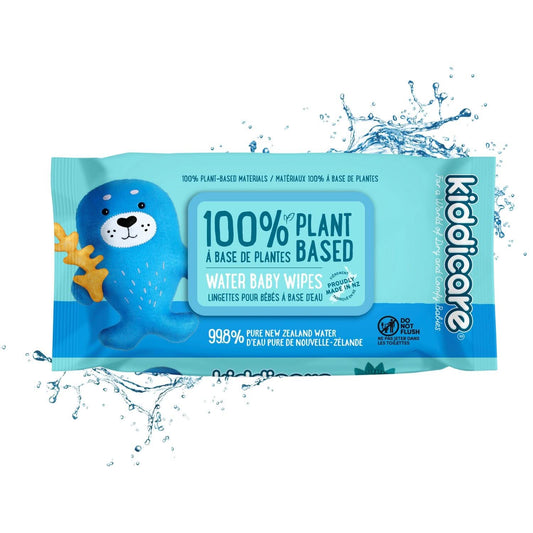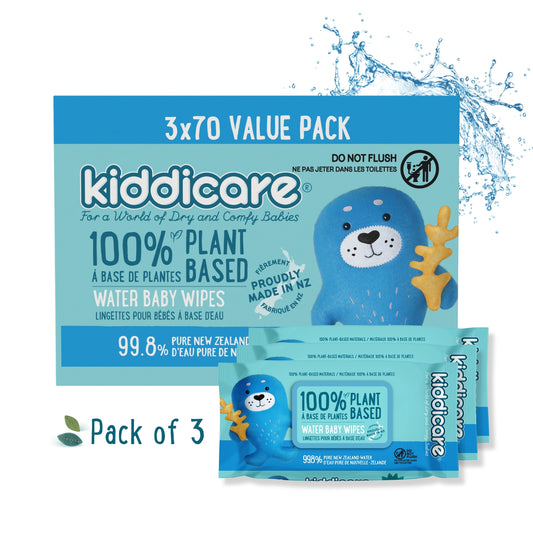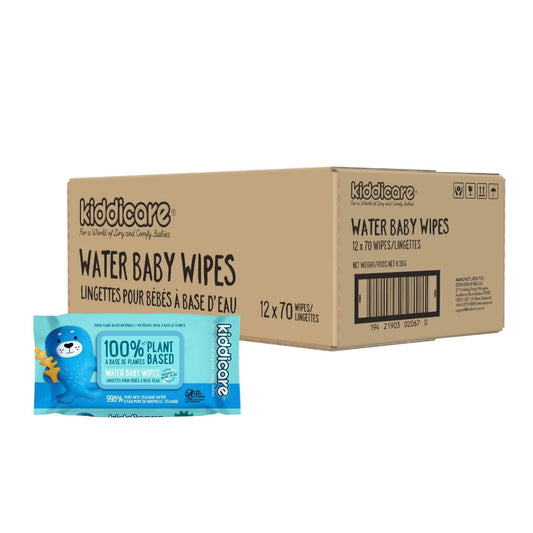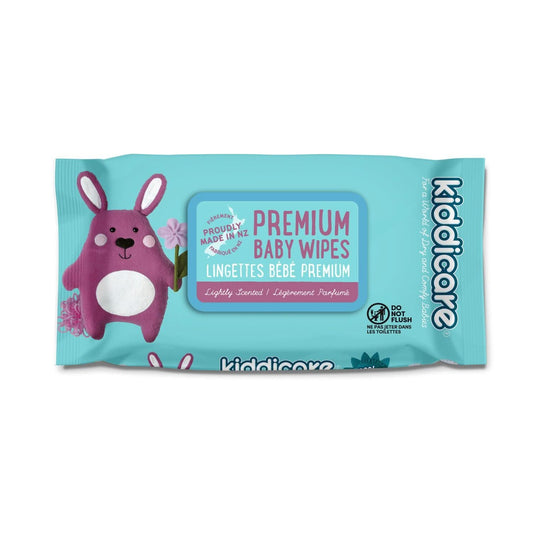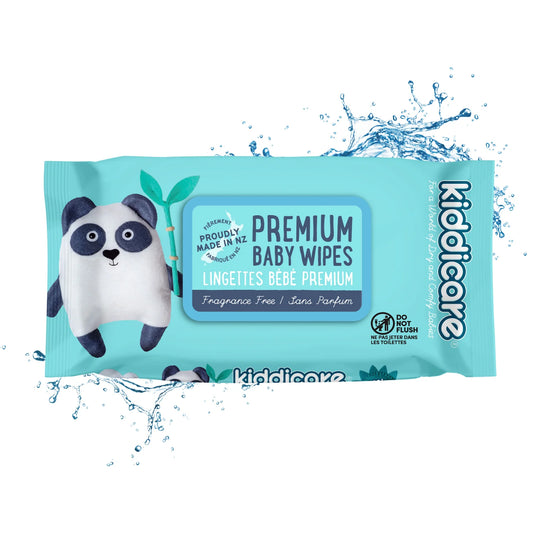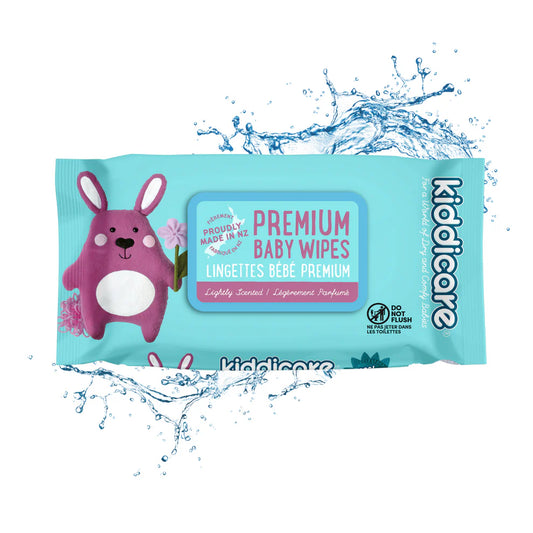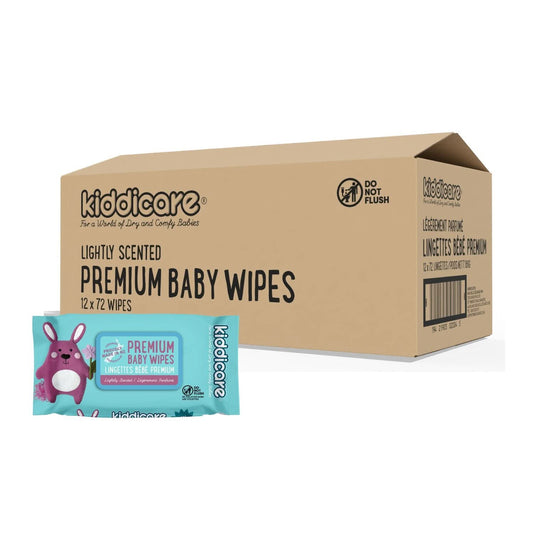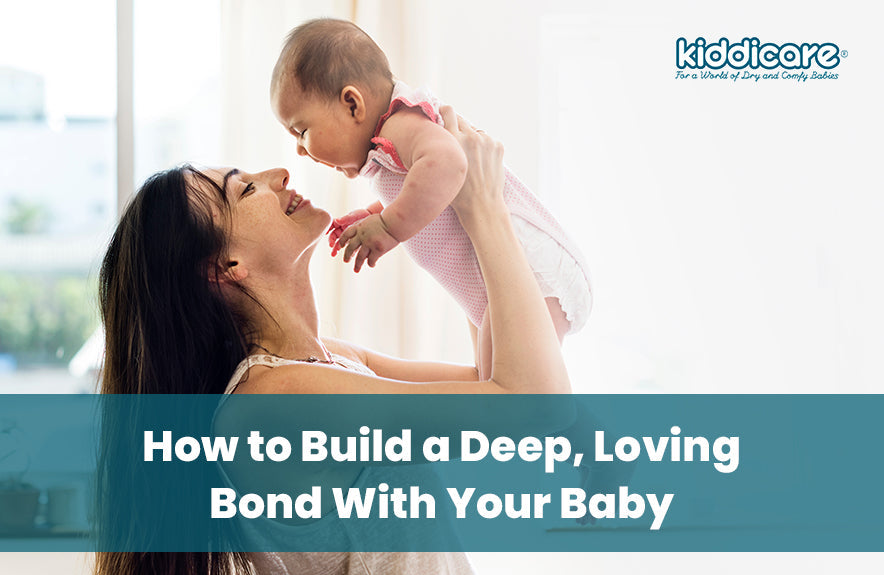
How to Build a Deep, Loving Bond With Your Baby
Bringing a baby into the world is one of life's most profound experiences. For every mom, the journey of connecting with her baby is filled with joy, discovery, and a whole lot of love. But here's the thing, bonding doesn't just "happen" overnight. It's a beautiful process, nurtured through consistent moments of love, care, and presence.
In this blog, we'll explore everything you need to know about building a deep, loving bond with your baby from the first days in the hospital to the milestones that follow. Whether you're a first-time mom or welcoming another little one into your family, these practical tips will help strengthen that irreplaceable mother-baby connection.
Why Bonding With Your Baby Matters
Bonding is more than cuddles and kisses. It lays the foundation for your child's emotional well-being, trust, and sense of security. Babies who feel safe and loved grow into children who are more confident, resilient, and socially connected.
From a scientific perspective, bonding stimulates your baby's brain development and strengthens the release of oxytocin, the "love hormone" for both mom and baby. This emotional connection is what transforms everyday care into a lifelong bond.
Tips for Building a Bond With Your Baby
The First Days: Skin-to-Skin and Eye Contact
One of the simplest yet most powerful ways to bond with your baby is through skin-to-skin contact right at birth. Placing your newborn on your chest regulates their heartbeat, body temperature, and breathing while letting them hear your heartbeat, the sound they're most familiar with.
Add eye contact, and you're opening a direct emotional channel. Babies love gazing at their mom's face. In those quiet, magical moments, they're learning to recognise you and feel safe in your presence.
Feeding Time: More Than Just Nutrition
Whether you're breastfeeding or bottle-feeding, feeding sessions are prime bonding opportunities. Look into your baby's eyes, smile, and gently talk to them. This makes feeding not just about nourishment, but about connection, comfort, and love.
Holding your baby close during feeding creates a sense of security. If breastfeeding, the physical closeness is natural, but even bottle-feeding moms can maximise bonding by cuddling, maintaining skin contact, and holding the baby in a semi-upright position close to the chest.
The Power of Touch and Gentle Care
Babies thrive on touch. Gentle massages, stroking their hands and feet, or simply holding them can work wonders. Infant massage is a proven way to calm a fussy baby, improve sleep, and aid digestion, all while strengthening your emotional connection.
Bath time, diaper changes, and dressing your baby can also be transformed into bonding experiences with Kiddicare when approached with love, playfulness, and gentle care.
Talking, Singing, and Reading to Your Baby
Your baby may not understand words yet, but they recognise your voice. Talking, singing, or reading to your baby exposes them to language, rhythm, and tone. It doesn't matter if you think your singing voice isn't perfect, your baby loves it because it's yours.
Bedtime lullabies or playful songs during the day provide comfort and entertainment while reinforcing emotional closeness. Reading picture books helps not only with bonding but also with early brain development.
Responding to Your Baby's Cues
One of the strongest ways to build trust is by responding to your baby's needs. Crying is your baby's primary way of communicating, and when you respond promptly with comfort, you're teaching them that the world is safe and that you are dependable.
Over time, you'll learn your baby's cues, different cries for hunger, tiredness, or discomfort. This responsiveness lays the foundation for a secure attachment, giving your baby confidence to explore the world as they grow.
Creating Special Daily Rituals
Bonding isn't only about big moments, it's about small, consistent rituals. Simple routines like a morning cuddle, an evening walk, or bedtime stories create familiarity and security for your baby.
These daily rituals become cherished traditions, giving you and your baby something to look forward to. They anchor your child's day with love and predictability.
Playtime and Interaction
Play is your baby's language of learning. Peek-a-boo, rattles, tummy time, or gentle tickling games all foster joy and connection. Interactive play stimulates your baby's development while strengthening your bond.
As your baby grows, get down to their level during play. Being present, making eye contact, smiling, and responding teaches them that you're engaged and interested in their world.
The Role of Dad and Family in Bonding
While the mother-baby bond is special, other family members play a vital role, too. Dads can bond through feeding, diaper changes, playtime, and skin-to-skin contact. Siblings and grandparents also contribute to your baby's sense of belonging and security.
Including family in bonding activities helps your baby feel surrounded by love and strengthens the family unit.
Overcoming Challenges in Bonding
Not every mom feels an instant connection, and that's completely normal. Postpartum exhaustion, anxiety, or medical challenges can make bonding feel harder than expected. What matters most is persistence and presence.
If you feel disconnected, try small steps, extra cuddles, short play sessions, or baby-wearing. If struggles persist, reaching out to a healthcare provider or support group can provide reassurance and guidance.
Remember: Bonding is a journey, not a race. Every effort counts.
Long-Term Benefits of a Strong Bond
A loving bond with your baby sets the stage for lifelong benefits:
- Emotional security: Children feel safe exploring the world, knowing they have a secure base.
- Cognitive development: Responsive parenting promotes healthy brain growth.
- Resilience: Strongly bonded children cope better with stress and challenges.
- Social skills: They develop empathy and stronger interpersonal relationships.
This foundation supports not only childhood but also adolescence and adulthood.
Summary
This guide comprehensively explores the multifaceted process of developing a deep, loving bond between a mother and her baby. It highlights that bonding is a gradual journey, not an instant event, and is crucial for a child's emotional well-being, trust, and cognitive development. The blog focuses on practical strategies, from skin-to-skin contact and eye contact in the early days to transforming daily routines like feeding, bathing, and playtime into meaningful interactions. It also emphasises the importance of responding to a baby's cues, involving other family members. It offers reassurance and advice for overcoming challenges such as postpartum exhaustion, ultimately underscoring that consistent love, presence, and responsiveness are the foundations of this vital, lifelong connection.
Bonding with your baby isn't about perfection, it's about presence, love, and consistency. Each cuddle, smile, and whispered word adds another thread to the beautiful tapestry of connection you're weaving with your child.
Trust yourself, embrace the small moments, and remember your love is the greatest gift your baby will ever receive.





